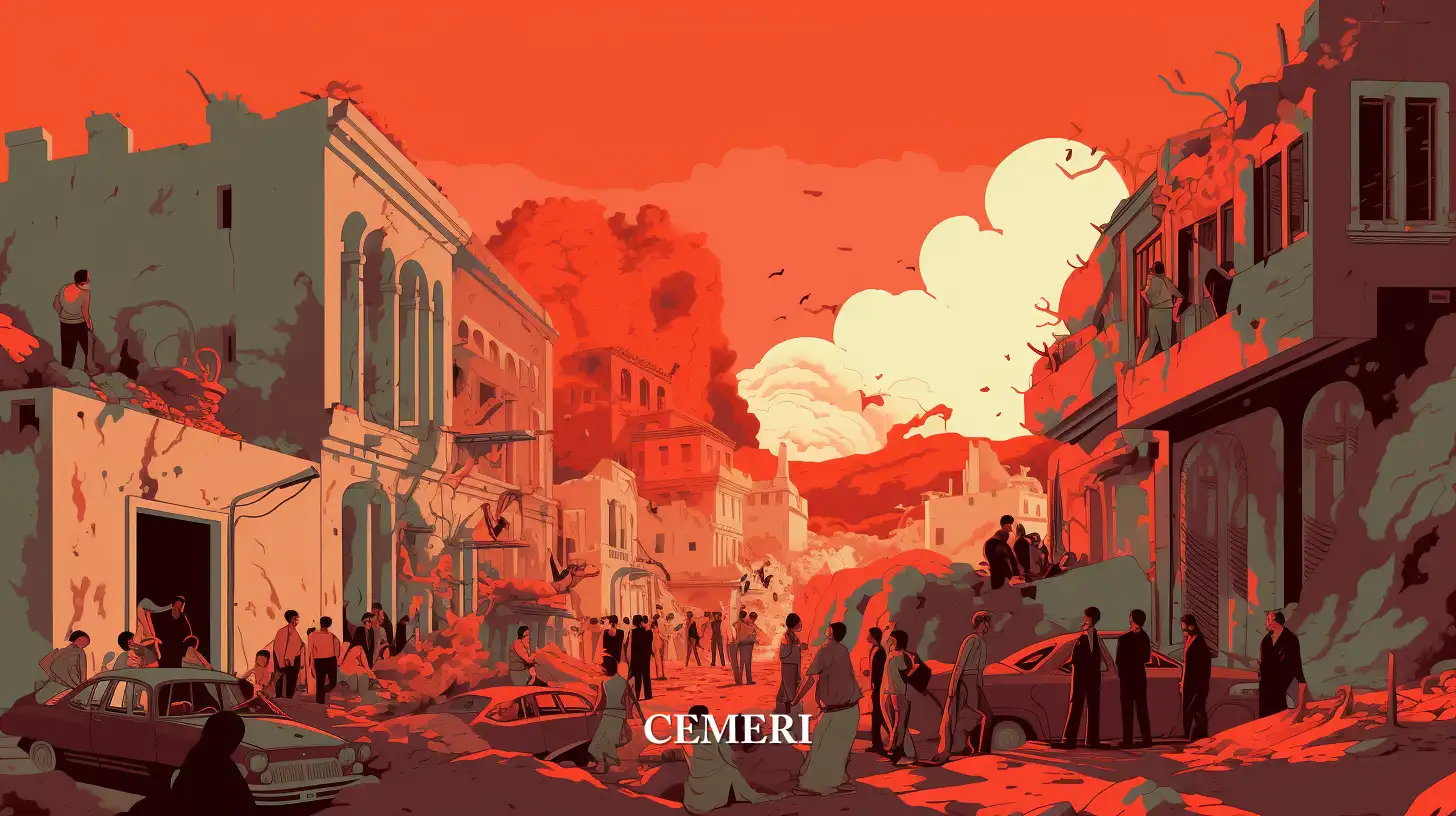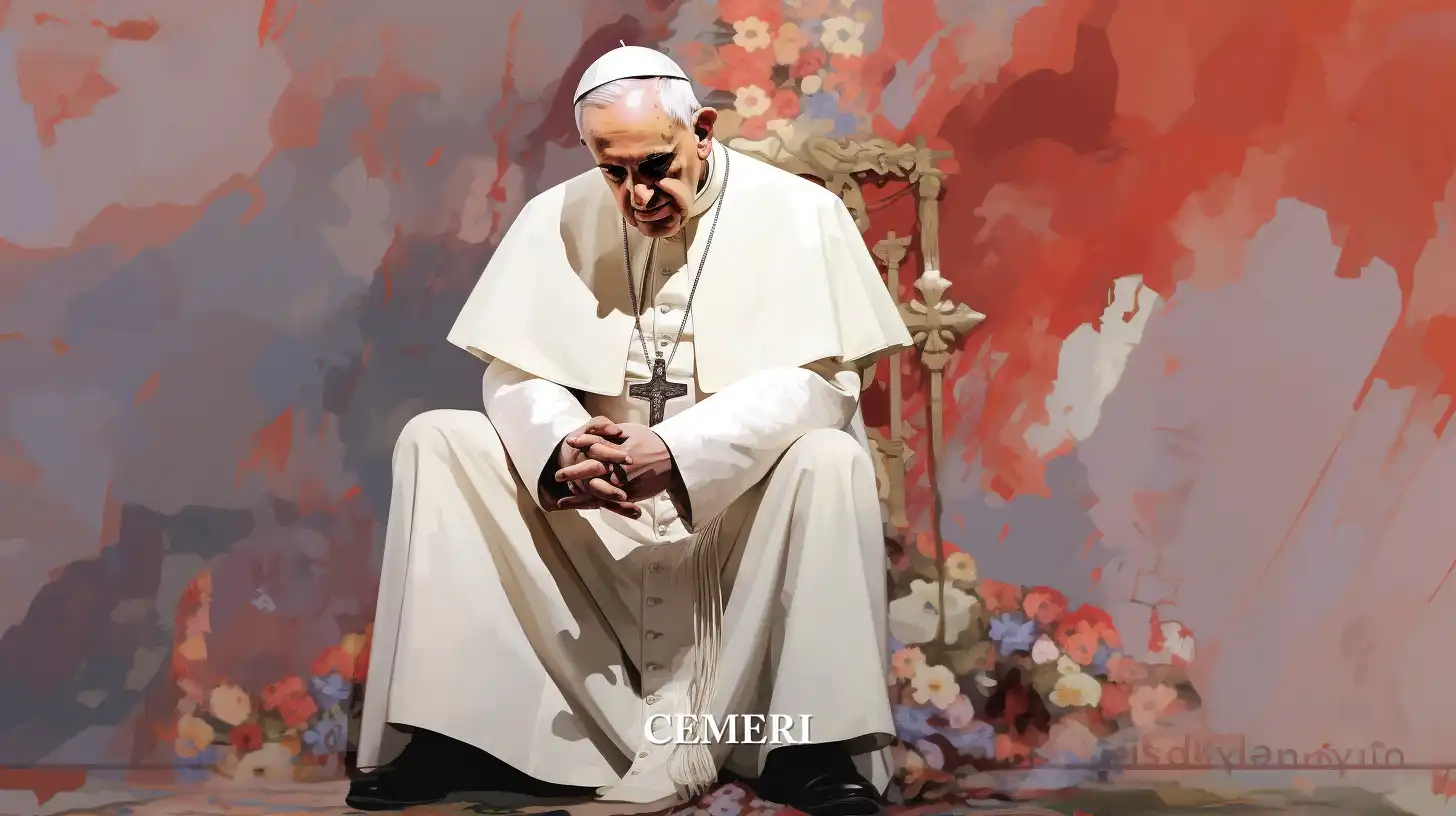Opinion
Patricio Martinez
Lebanon – a country on the brink of collapse
- In a day that will remain etched in the memory of the Lebanese, the country's most important port and much of its capital city were severely damaged.

In October 2013, the ship MV Rhosus arrived at the port of Beirut after an unexpected technical failure on its route between Batumi (Georgia) and Beira (Mozambique). Owned by a Russian businessman, the ship was abandoned along with its crew and their cargo: 2,750 tons of ammonium nitrate-based fertilizer.
The Lebanese authorities, without having someone to answer for the cargo, decided to protect it in a warehouse in the port where it remained for six years... until a few days ago.
On August 4 at 6:08 p.m. local time, the city of Beirut was rocked by an explosion equivalent to 2.2 kilotons, breaking windows 17 kilometers away and being heard in Cyprus more than 180 kilometers from the city.
In a day that will remain etched in the memory of the Lebanese, the country's most important port and much of its capital city were severely damaged. As of this article's publication, 157 people have died and more than 5,000 have been injured.
As the population tries to recover from the shock, theories about the cause of the explosion arise and are discarded, as well as fears of what will happen in a country that was already in serious difficulties.
Mismanagement of the economy, widespread corruption, US sanctions on the banking system and the COVID-19 pandemic have caused the Lebanese lira to depreciate by 85% in the last year, as well as the debt has reached 160% of the country's GDP and that unemployment has reached 30%.
This is just one slice of a larger picture that reveals the failure of the Lebanese state to meet the needs of a country that this year marks 30 years since the end of a civil war. The most basic services are inefficient, garbage accumulates in the streets for weeks and when it is collected it is disposed of in clandestine dumps in the mountains, coupled with the fact that large areas of the country do not have electricity for more than 2 or 4 hours a day.
The explosion last Wednesday has been the epitome of the country's problems, of the inefficiency of a State to control the most basic aspects of its territory and to provide its citizens with minimal security. Despite initial suspicions and accusations that pointed to a deliberate attack by external agents, everything seems to indicate that corruption has been the cause of the greatest disaster suffered by the country of cedars in times of peace.
What's next now? There is little reason for optimism: 300,000 people have been left homeless (approximately 5% of the country's population) and the country's largest grain store has been destroyed (it is estimated that only a month of grain reserves remain for the population). ). Corruption scandals follow one after another affecting the entire political landscape. In a world that continues to struggle partially in quarantine due to COVID-19 (with 5,000 local cases) the damage suffered by hospitals will only increase the health crisis.
The geopolitical situation in Lebanon is particularly complicated as it is surrounded by states that have intervened militarily on multiple occasions. The presence of the Hezbollah militia party continues to be a risk factor due to its intervention in neighboring Syria and its rivalry with Israel. However, the situation is so precarious that Hezbollah seems to be not in the least interested in starting a conflict with Israel, to the point that they quickly denied any Israeli involvement in what happened in the port of Beirut.
Although the authorities have already launched an investigation and made arrests of possible perpetrators, it is not certain that a verdict will be reached or that anyone will be punished. Lebanon is a country where religious sectarianism is an integral part of its political system; the President must be a Maronite Christian, the vice president a Sunni Muslim and the speaker of the parliament a Shiite Muslim - all this to try to give a religious balance to a country with 18 sects. This has proven to be dysfunctional, crippling the government and bogging down any attempts at reform. This religious sectarianism, where loyalties often lie more with religious affiliation than with the state, is a constant shadow that threatens to return the country to the times of civil war.
Lebanon and its people must prepare for even more difficult times imaginable.

